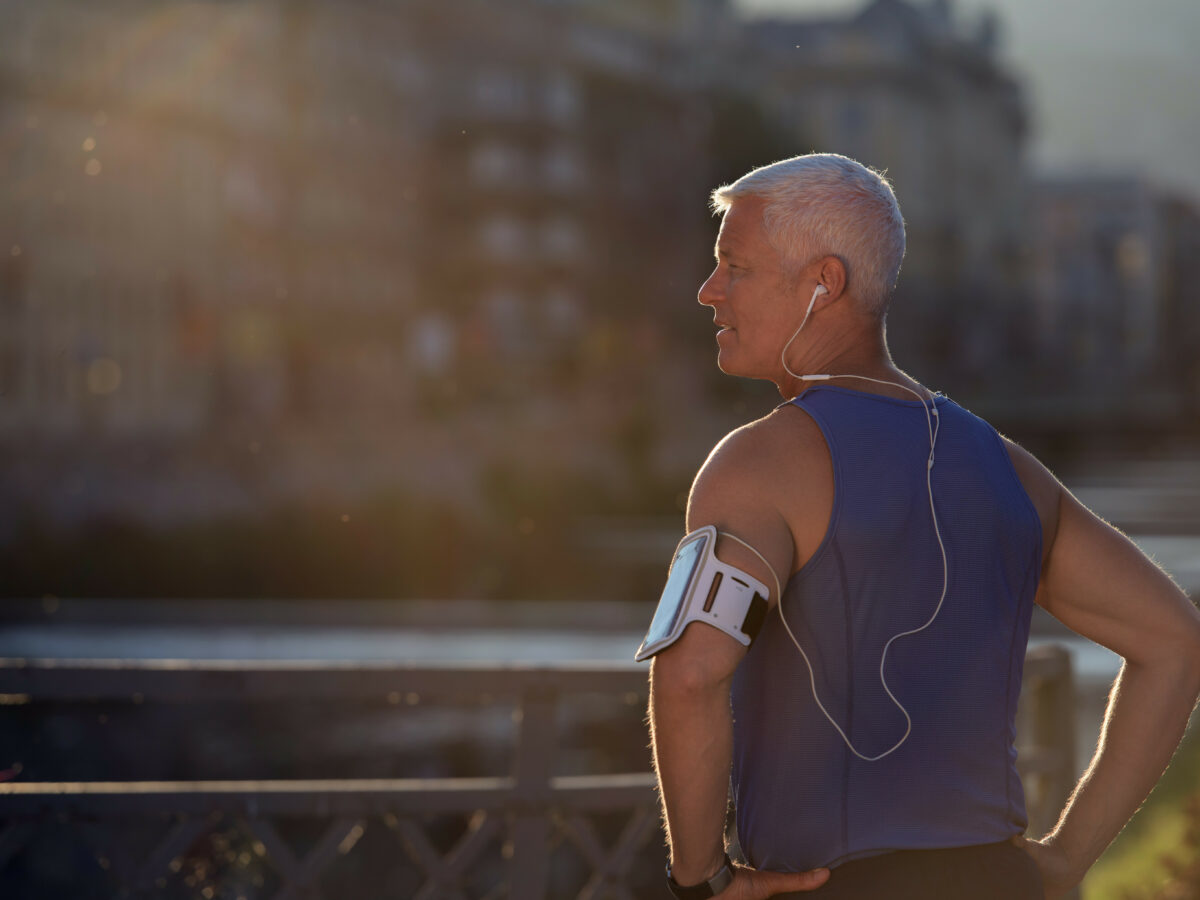Aging is a natural process that presents both challenges and opportunities for maintaining health and well-being. As part of the aging process, men and women become more susceptible to cognitive issues such as mood disorders and neurodegenerative diseases, impacting their overall quality of life. However, recent research suggests that physical activity is crucial in promoting cognitive health, mental well-being, and overall quality of life for aging individuals. In her article "How Exercise Strengthens Your Brain," Lucy Jones explores the myriad benefits of exercise for the brain, shedding light on its potential to enhance cognitive function, uplift mood, and protect against neurodegenerative diseases. If we examine these key benefits, we can uncover the importance of integrating physical activity into the lives of aging men and women to support healthy aging and cognitive vitality.
Harnessing the Long-Term Cognitive Rewards of Exercise
Physical activity not only offers immediate benefits but also yields long-term advantages through the aging process. Research has shown that regular exercise improves cognitive function, particularly regarding attention, working memory, and executive functioning. Studies cited by Jones indicate that individuals who maintain a consistent exercise regimen tend to achieve higher cognitive test scores compared to their sedentary counterparts. Moreover, the research of Henriette van Praag highlights the potential for exercise to stimulate the growth of new brain cells in mature mice, suggesting promising avenues for treating neurodegenerative diseases in humans. By understanding the profound impact of exercise on the brain, men and women can leverage physical activity to boost mental acuity and reduce the likelihood of age-related cognitive issues in later years.
The Mood-Boosting Effects of Physical Activity
In addition to bolstering cognitive function, regular physical activity significantly enhances mood and mental well-being among aging individuals. Numerous studies have underscored the positive impact of exercise on psychological health, with participants reporting reduced symptoms of depression and anxiety following consistent engagement in physical activity. Neurotransmitters, such as dopamine and serotonin, are released during exercise and play a vital role in regulating mood. Furthermore, exercise programs have been shown to be effective in treating depression, prompting some psychiatrists and therapists to incorporate physical activity into their treatment plans. By prioritizing regular exercise, aging individuals can cultivate a positive outlook and enjoy improved mental resilience in the face of life's challenges.
Safeguarding Against Neurodegenerative Diseases
Regular physical activity not only supports cognitive health and enhances mood but also serves as a powerful defense against neurodegenerative diseases in aging individuals. Studies have consistently shown that engaging in exercise reduces the risk of conditions such as Alzheimer's and dementia. This protective effect is attributed to the multifaceted impact of exercise on brain health, including improved blood flow, the stimulation of neuroprotective molecules like irisin and brain-derived neurotrophic factor (BDNF), and the promotion of synaptic connections between neurons. By incorporating regular exercise into a daily routine, men and women can fortify their cognitive resilience and reduce their susceptibility to debilitating cognitive issues and neurodegenerative conditions.
Preventing Hippocampal Decline by Strengthening Cognitive Vitality
The preservation of hippocampal volume is another compelling reason for aging individuals to prioritize regular physical activity. The hippocampus, a brain region crucial for memory and mood regulation, tends to shrink with age. However, research indicates that exercise can mitigate this decline by promoting neurogenesis and synaptic plasticity in the hippocampus. By sustaining connections between neurons and supporting the growth of new brain cells, exercise helps preserve cognitive function and emotional well-being throughout the aging process. Moreover, the prevention of hippocampal decline through exercise may offer protection against conditions like Alzheimer's disease and depression, which are characterized by alterations in hippocampal structure and function.
As aging individuals navigate the complexities of maintaining health and vitality, the importance of physical activity cannot be overstated. By harnessing the power of exercise to promote cognitive function, uplift mood, and protect against neurodegenerative diseases, aging men and women can improve cognitive vitality and overall well-being. As research unravels the intricate relationship between exercise and brain health, it becomes increasingly clear that staying active is not just a choice but a necessity within the aging process. Let us embrace the transformative potential of physical activity, empowering ourselves to age gracefully and thrive in mind, body, and spirit.
If you're seeking an expert in age-related men's health issues, rest assured that Philadelphia Urology Associates is dedicated to advancing men's well-being through personalized care. Dr. Bruce Sloane leads our practice with a commitment to addressing the unique health needs of men at every stage of life. Take proactive steps towards optimizing your health and contact us at (215) 563-1199 or connect with us online today. Your journey to a healthier, happier life starts with Philadelphia Urology Associates.
